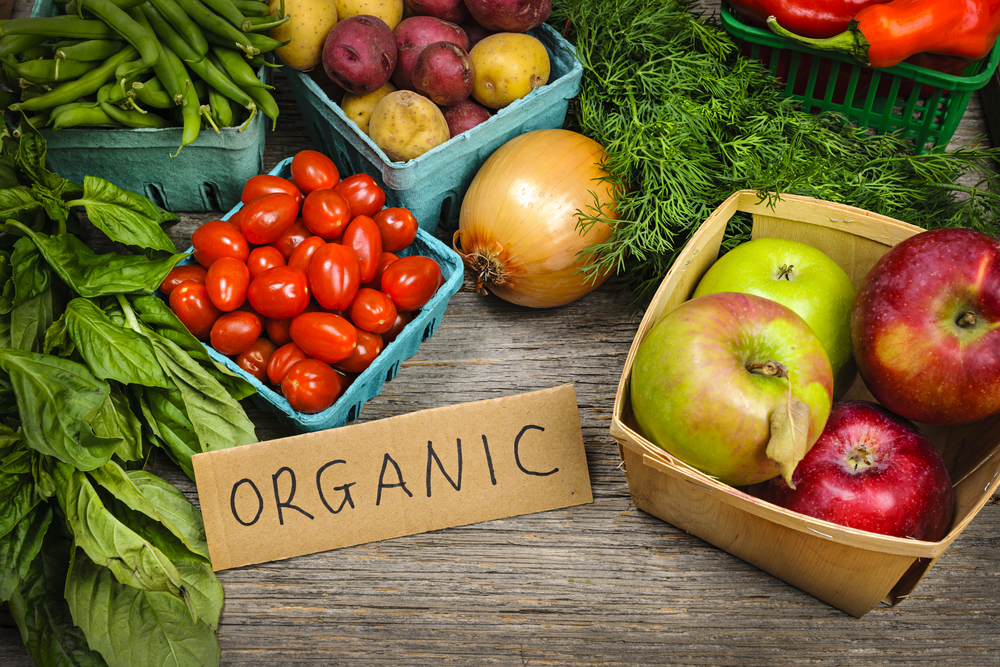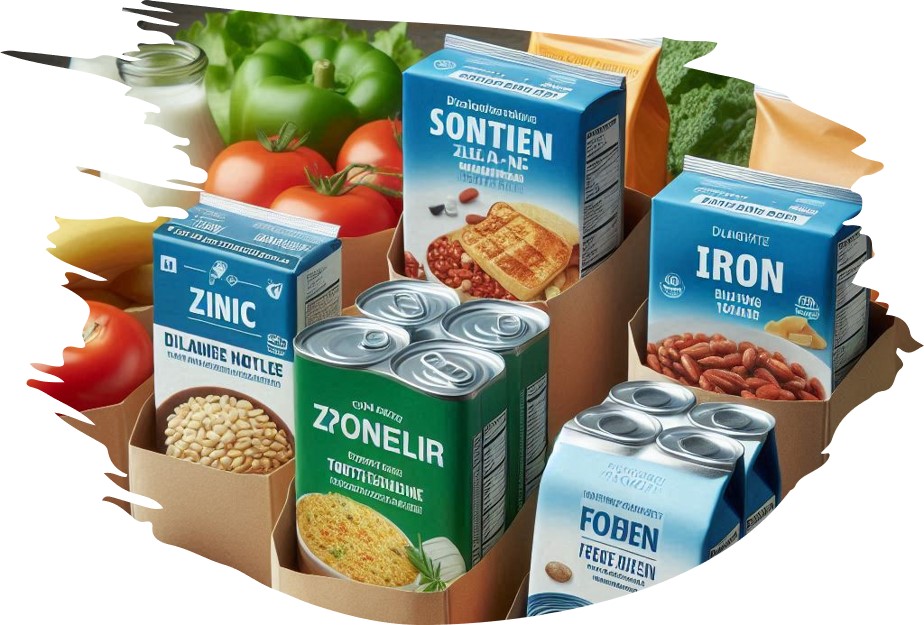Widening Horizons for the Organic Food Movement and Experts’ Opinions
The organic food movement was started in 1924, when Rudolf Steiner delivered his series of lectures on organic food. His focus was on organic farming while opposing machines and chemicals found in the pesticides.
Isn’t an extreme position?
But the organic food movement started taking roots in England and the United States of America, and Rachel Carlson’s “Silence Spring” (1962) awakened the people against putting chemicals in organic foods. The International Federation of Organic Agriculture Movements (IFOAM) took birth in 1972 and claims to have its chapters worldwide.
The concerns about use of pesticides in crops were taken seriously by the governments, and in 1973, the United States banned the use of DDT pesticide. However, the American citizens were convinced to purchase organic food products amounting to $1.0 billion in 1990 for the first time. The Farms Act 2008, was passed in the United States to provide an opportunity for organic food farmers to express their concerns and opinions about organic agriculture. They were also encouraged to allot more land for organic farming.

The organic food movement has reached a level of success that it has remained no more a lifestyle but converted into a mainstream agricultural industry. In 2018, the sale of organic products, alone in the United States, was more than $52.00 billion. It is estimated that the worldwide would touch the golden figure of $100.00 in 2019.
Criticism on Organic Food Movement
There are strong voices against the organic food movement. Henry I. Miller alleged in his article “The Organic Food Hoax” at Hoover Institution that organic food consumers were “routinely deceived” with misleading claims in the organic industry.
Some prove that there is no difference in nutritional elements between organic and conventional foods. He further said:
“A prevalent “green myth” about organic agriculture is that it does not employ pesticides. Organic farming does, in fact, use insecticides and fungicides to prevent predation of its crops. More than 20 chemicals are commonly used in the growing and processing of organic crops and are acceptable under the U.S. Department of Agriculture’s arbitrary and ever-shifting organic rules. Many of those organic pesticides are more toxic than the synthetic ones used in ordinary farming. But the fatal flaw of organic agriculture is the low yields that cause it to be wasteful of water and farmland.”
What is your Expert Opinion?
You may support the Organic Food Movement or not, but I have seen a majority of the organic food lovers preferring it not only for health reasons but also biodiversity, ecosystem, and environment. Many pick foods with organic labels for their taste buds.
It is our point of view but not binding upon you. You are requested to provide your opinion with supportive sourcing for the benefits of the visitors to this website.
By: Saqib Ali Ateel
Express Your Opinion
We find value in differences between learning, interpreting and overall opinions. Please share your thoughts freely about this topic, but always remain respectful. You can preview and edit on the next page before your submission is sent in. You will also be informed about this site's privacy policies. Thank you for your contribution.
What's New?
-
What are iron fortified foods?
Iron fortified foods contain additional iron to help prevent deficiencies and support overall health, particularly in children and pregnant women. -
What are fortified foods?
What are fortified foods? How are they different from staple and common everyday foods? -
Baby Organic Food: “To be, or not to be, that is the question”
Baby organic food is free from insecticides, weedicides and residues of synthetic fertilizers thus much safer for babies

DOWNLOAD!



